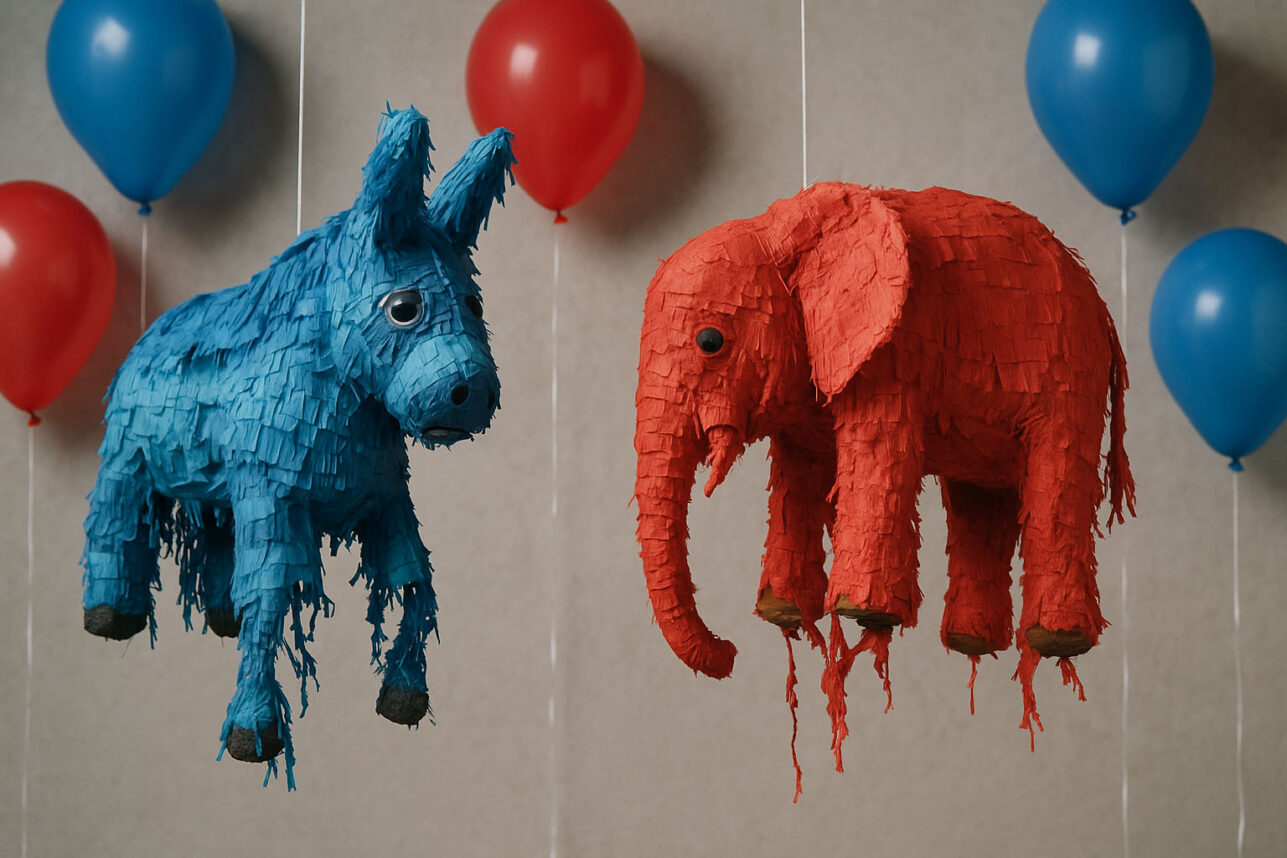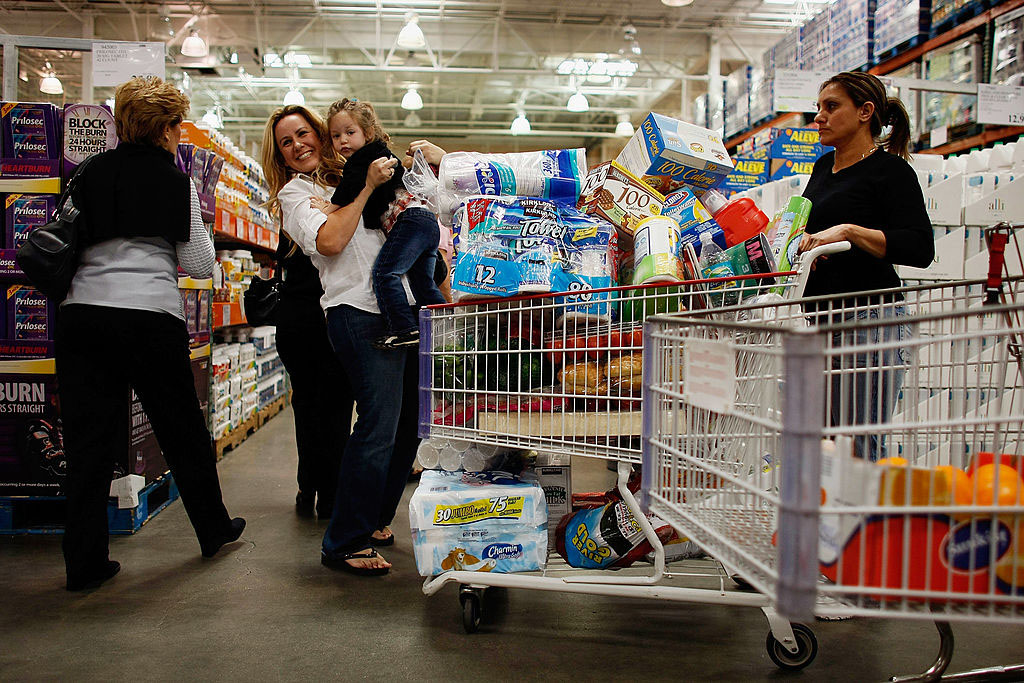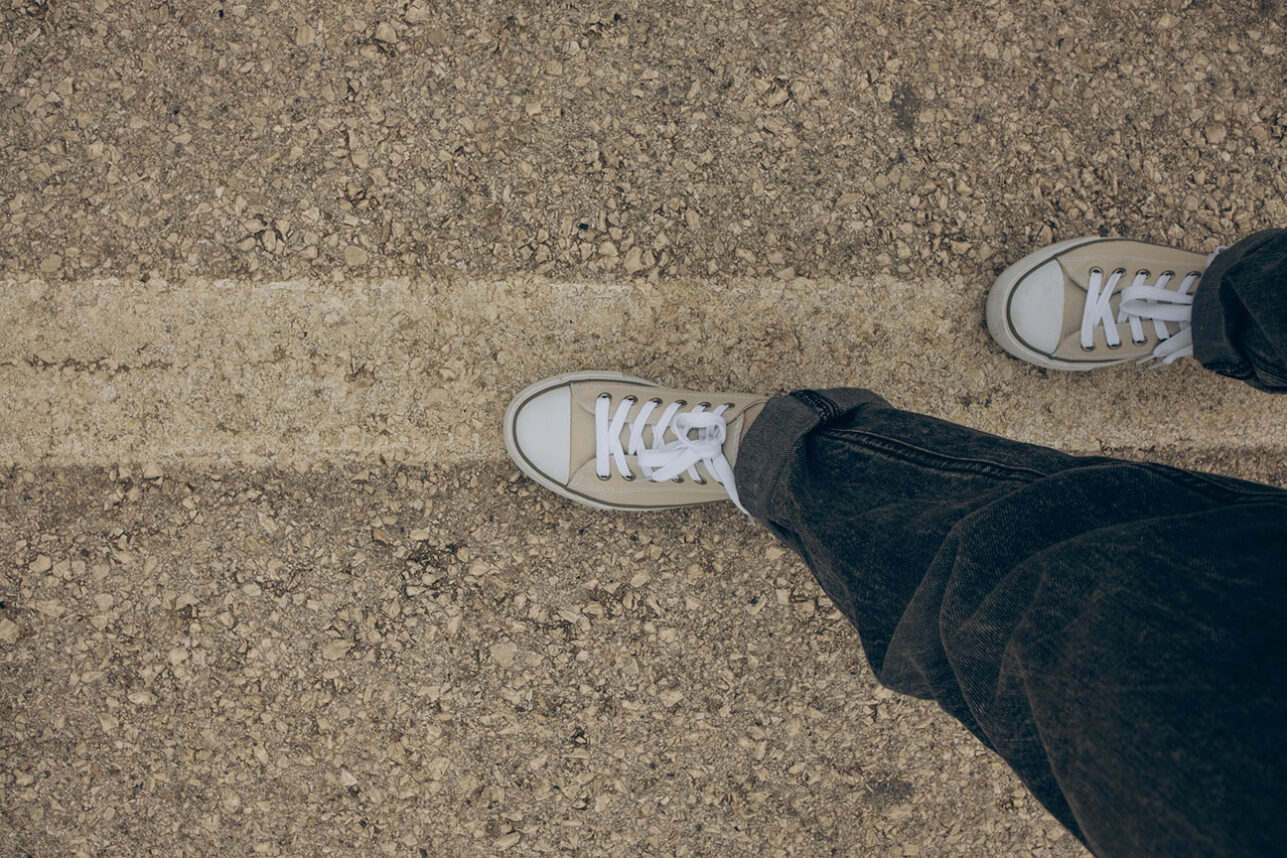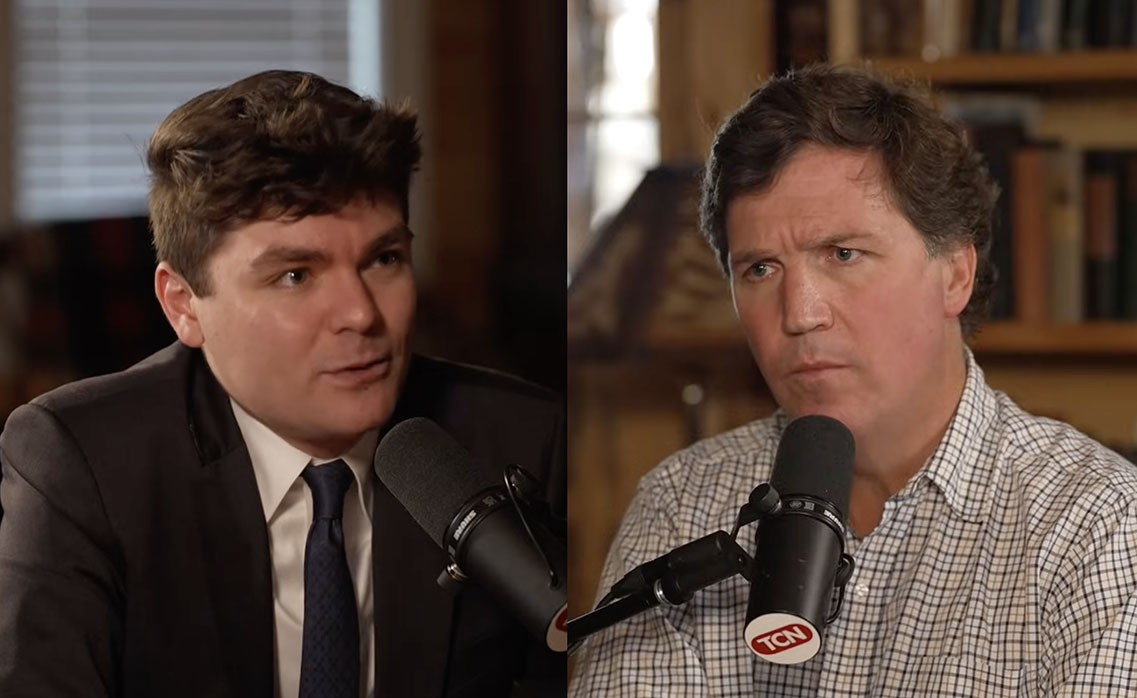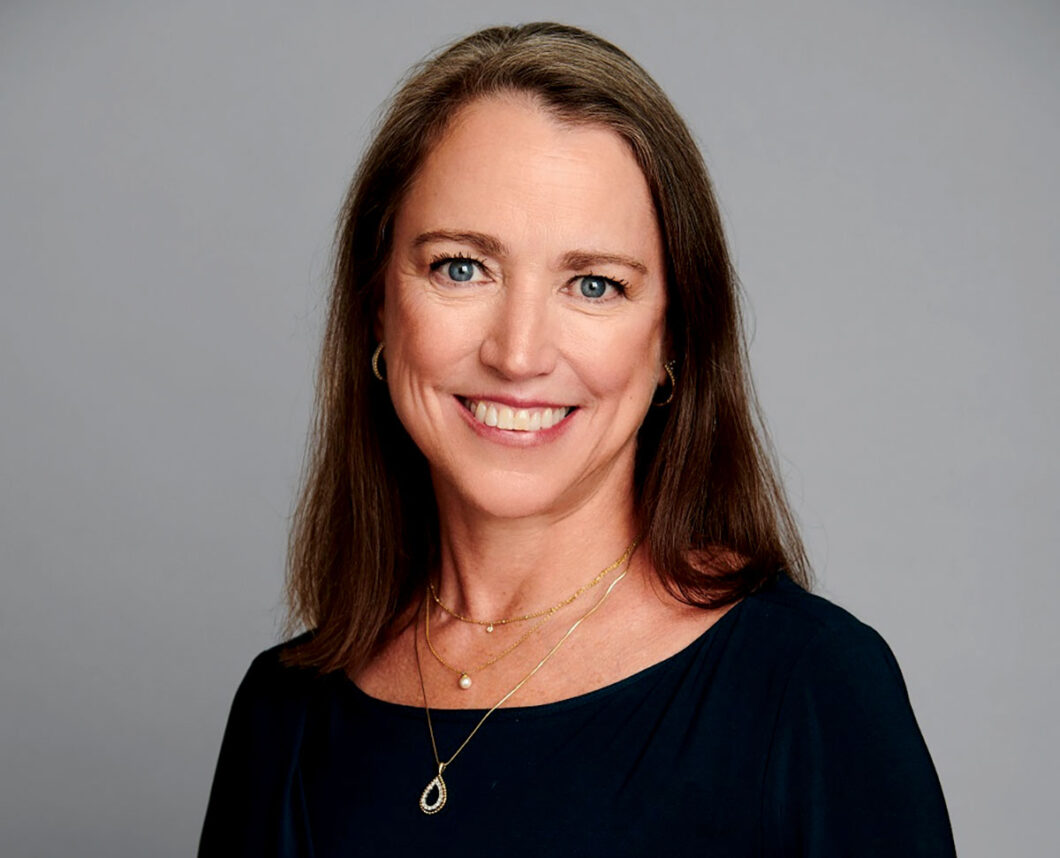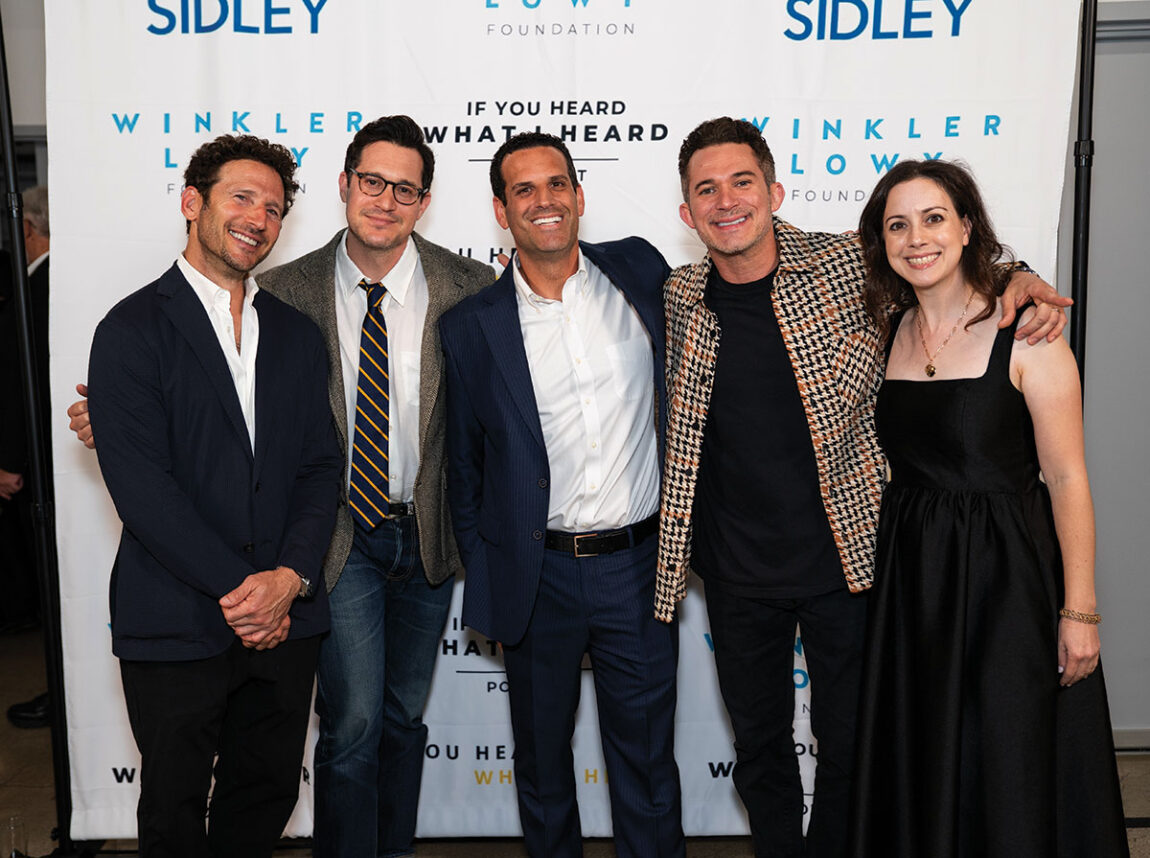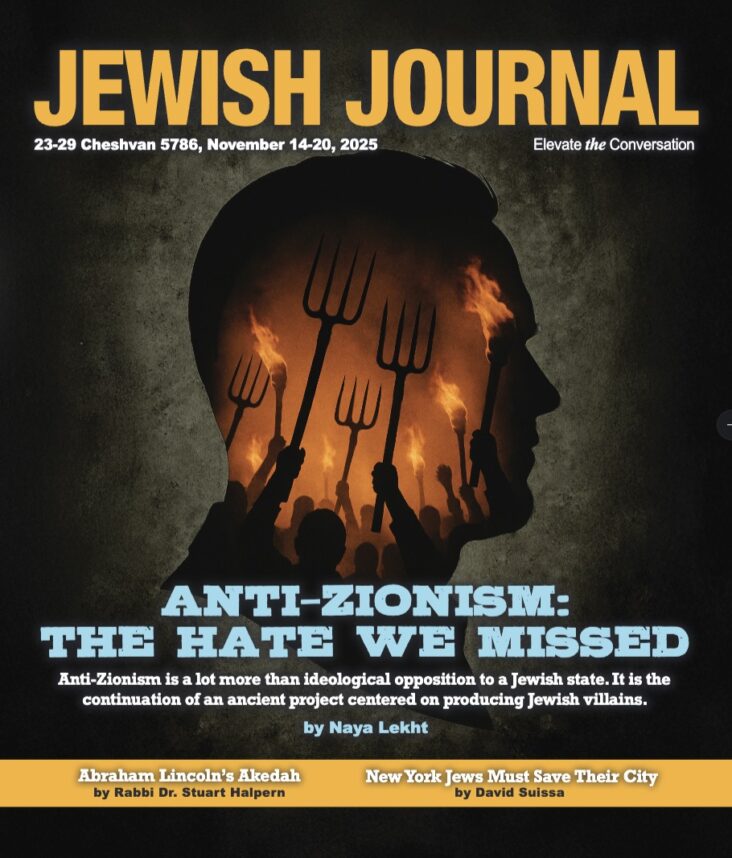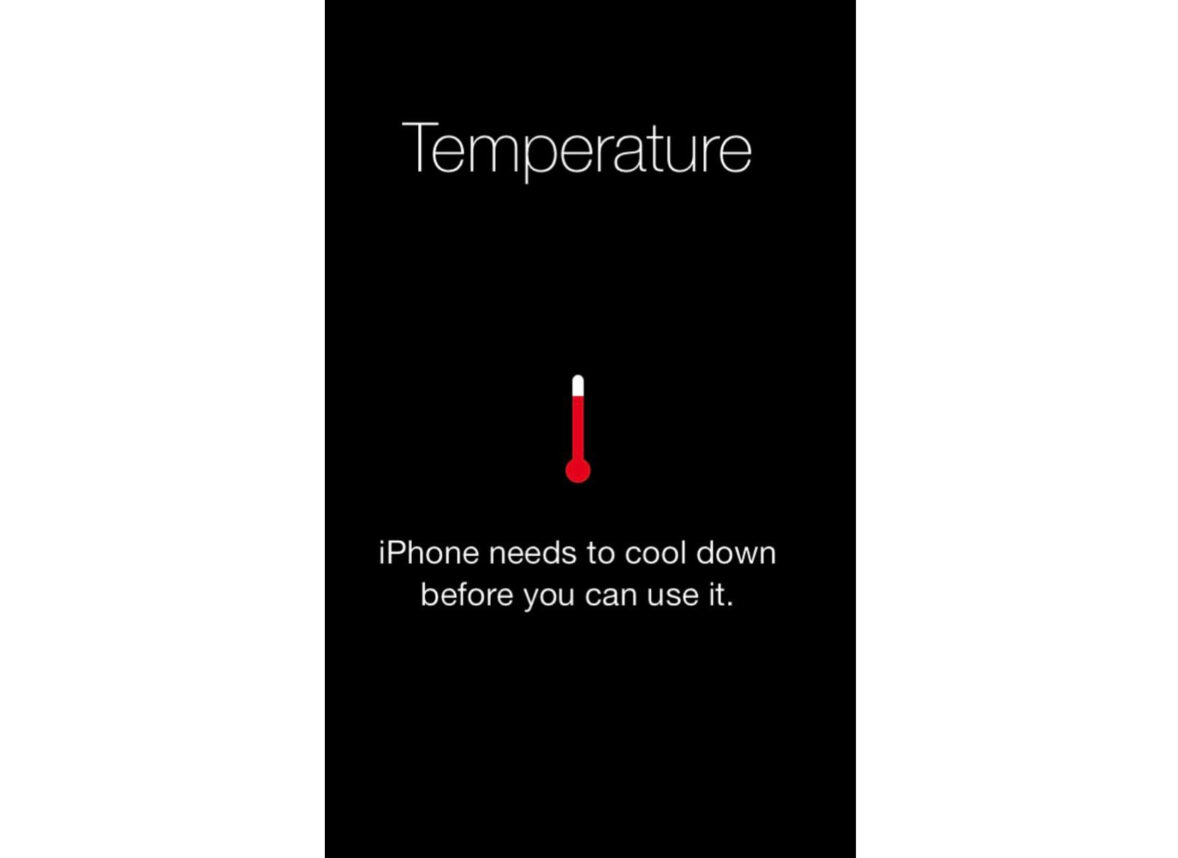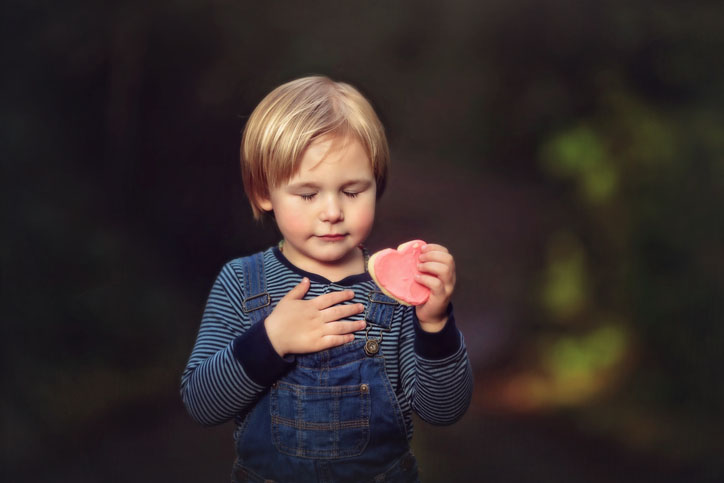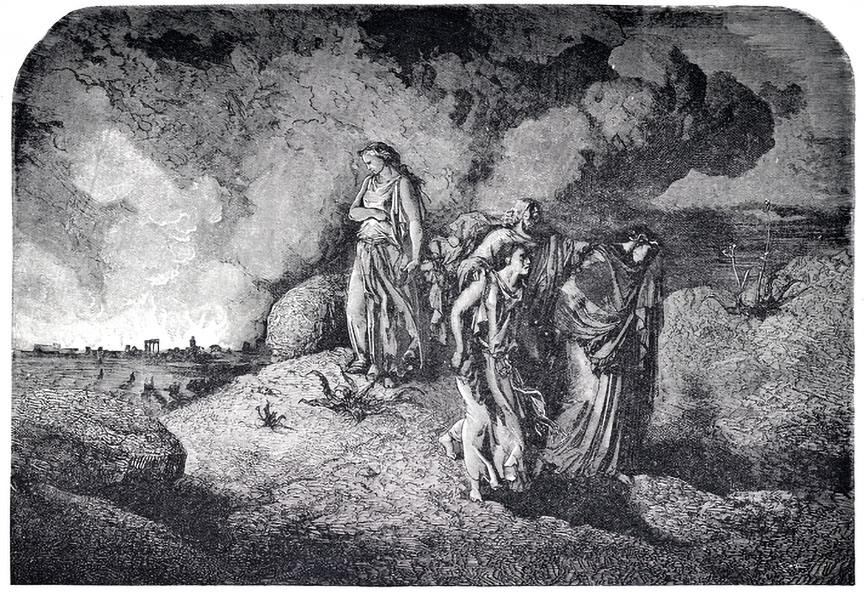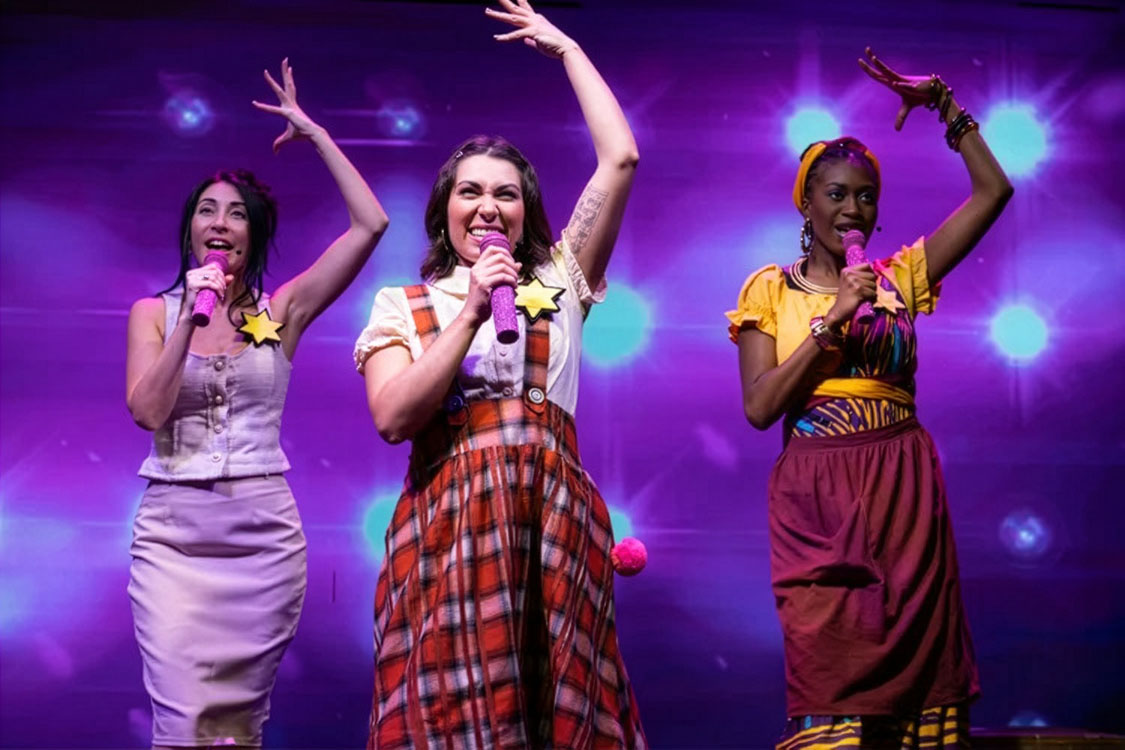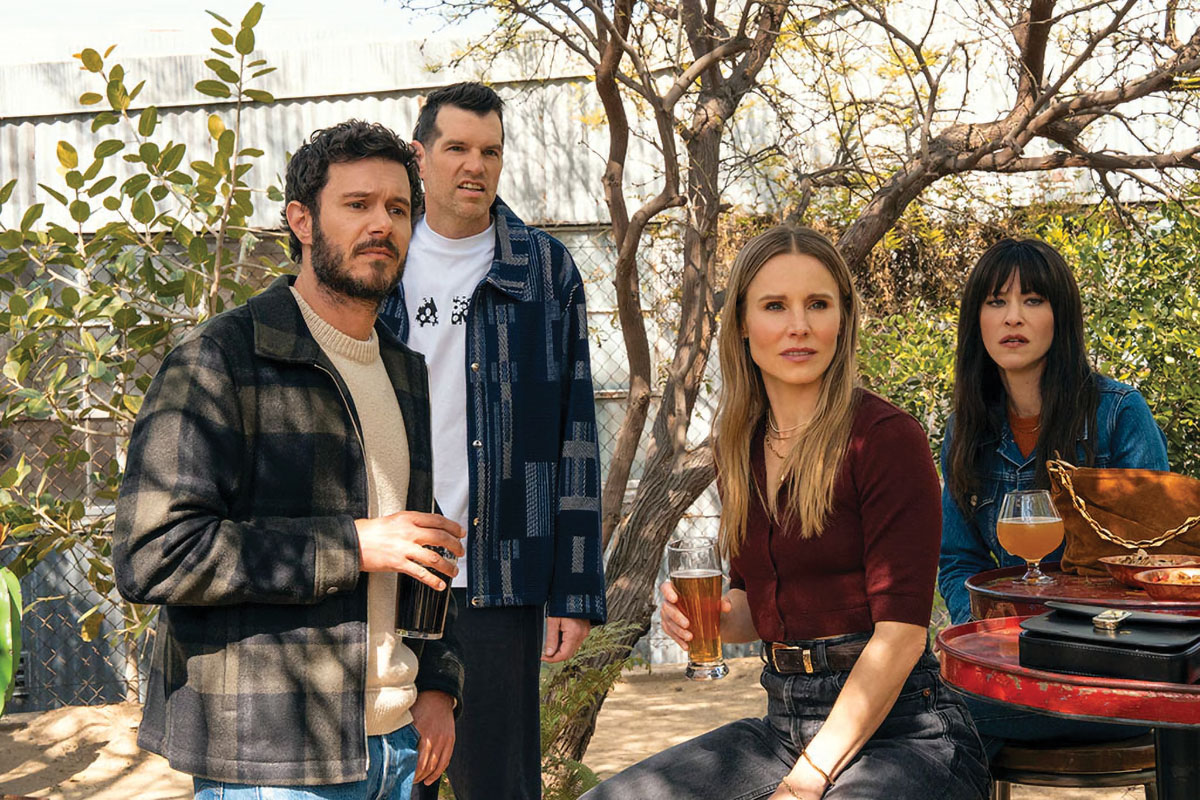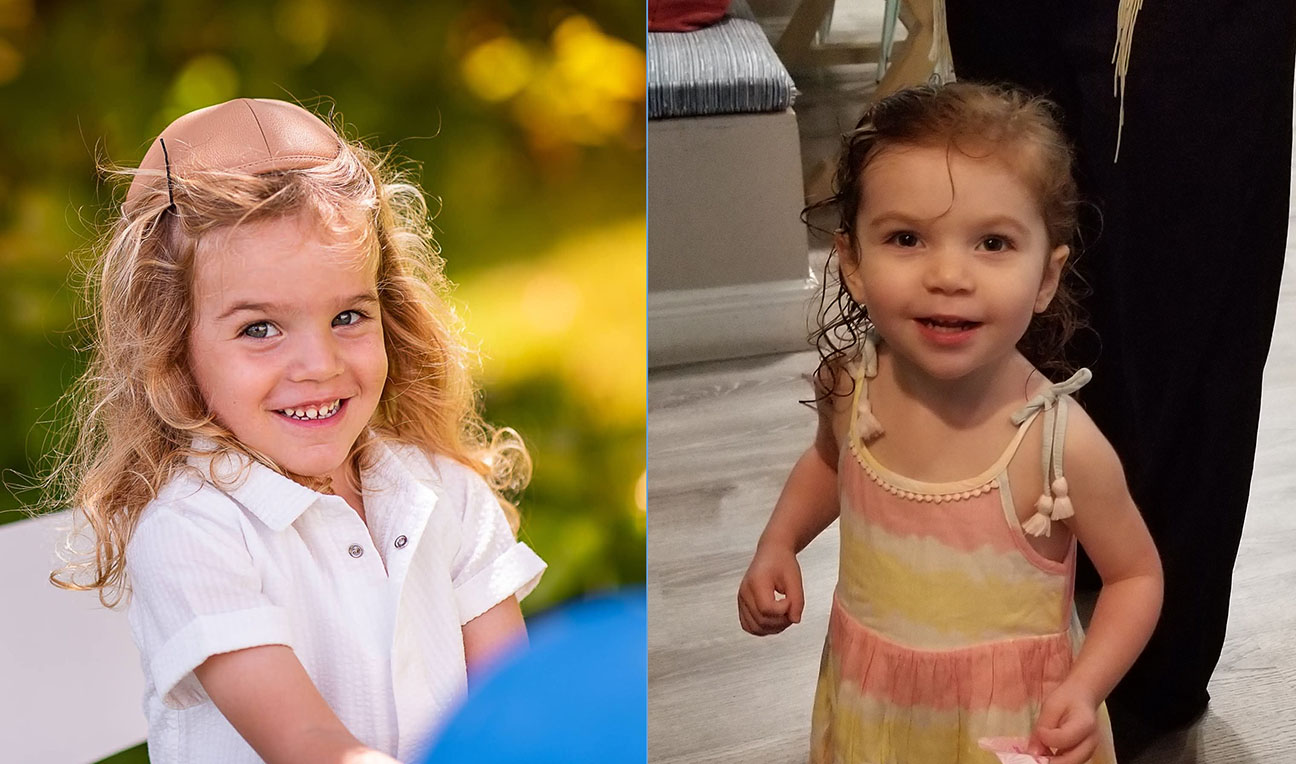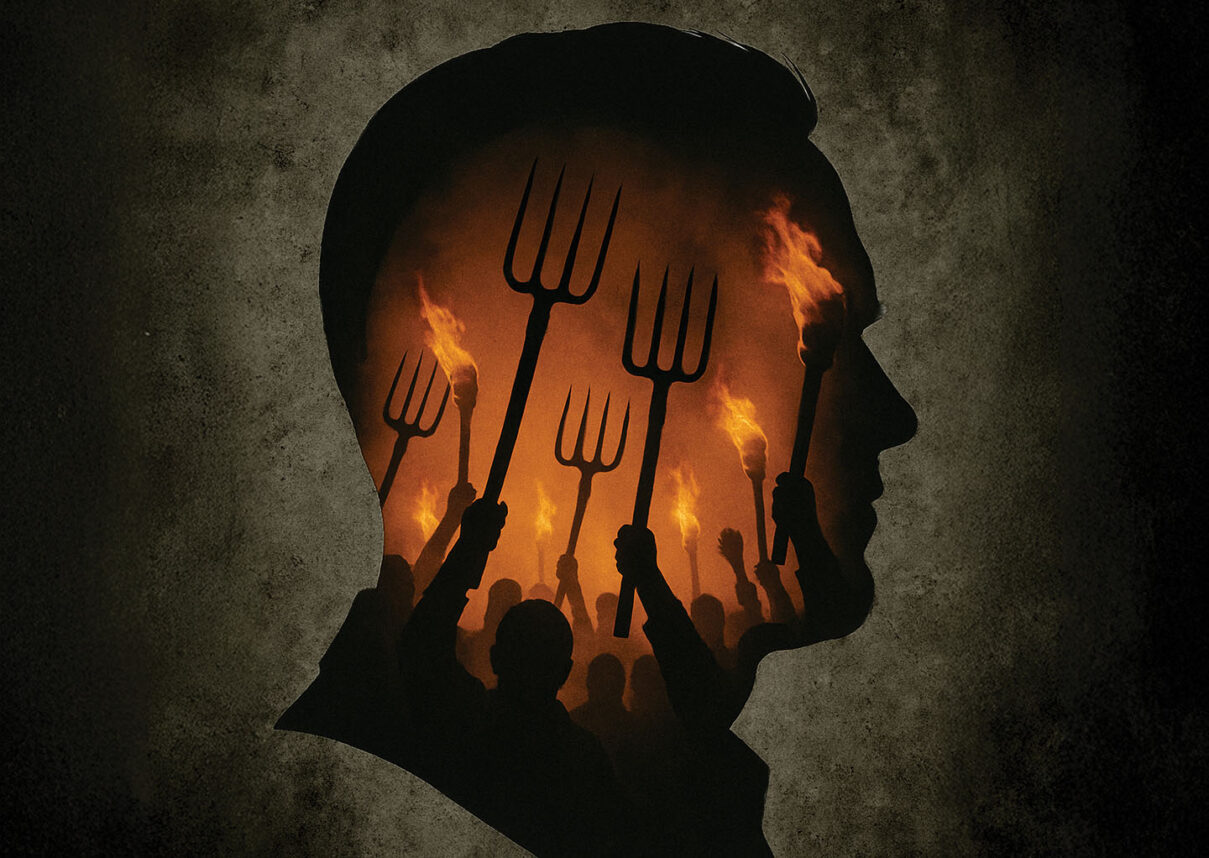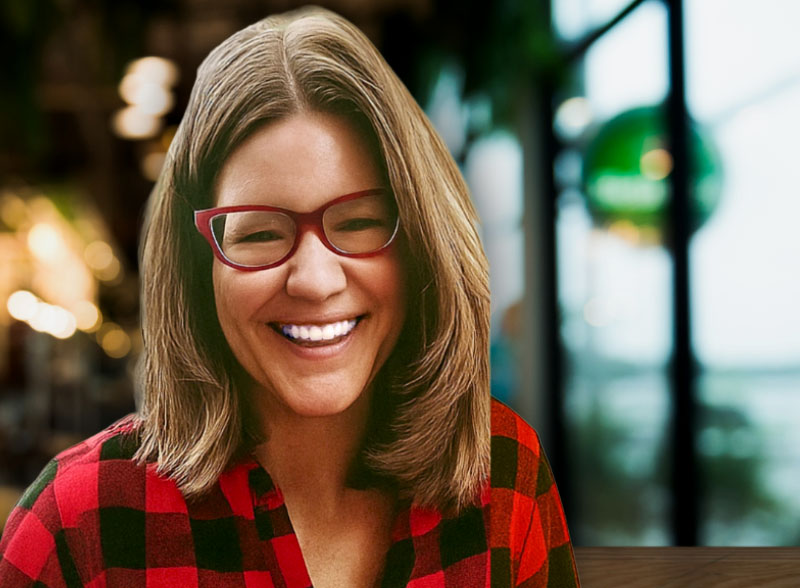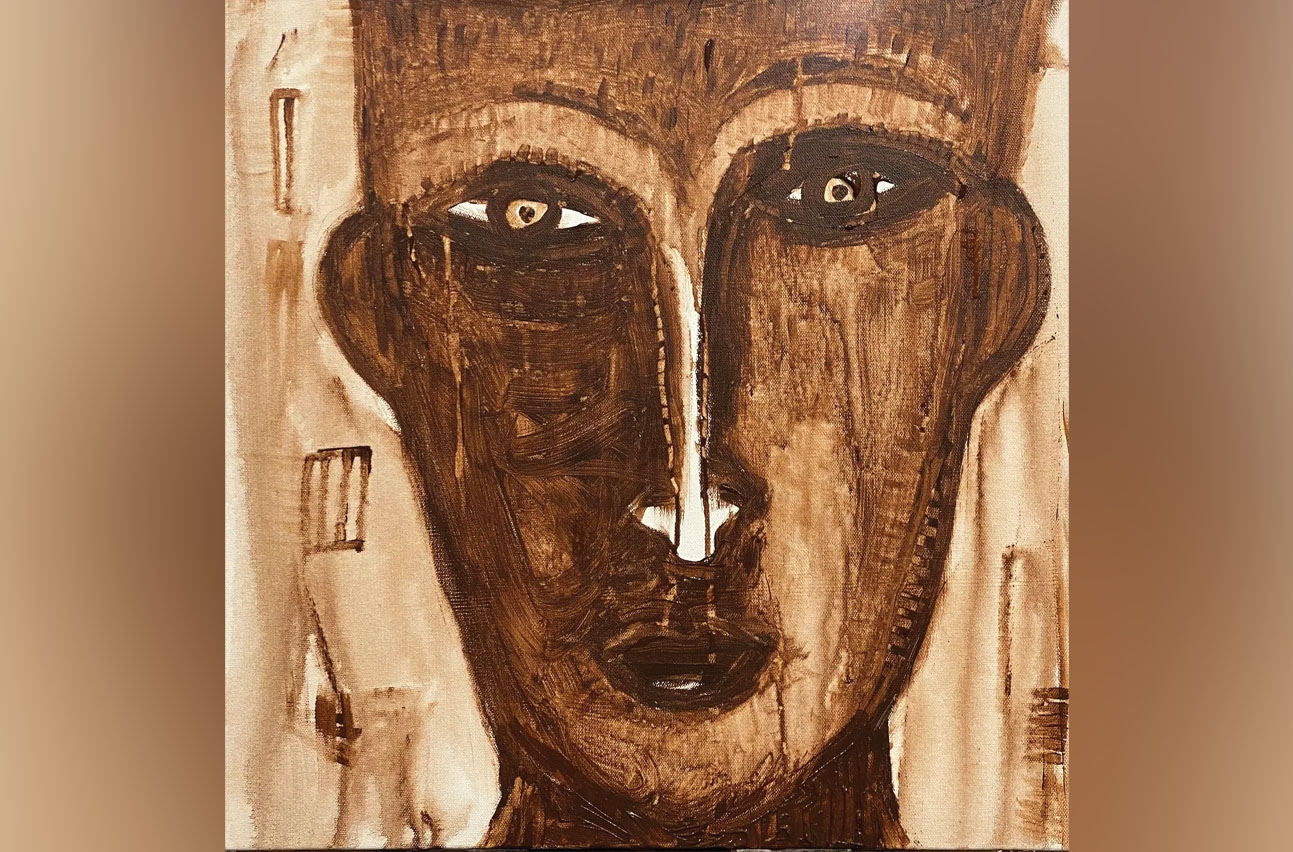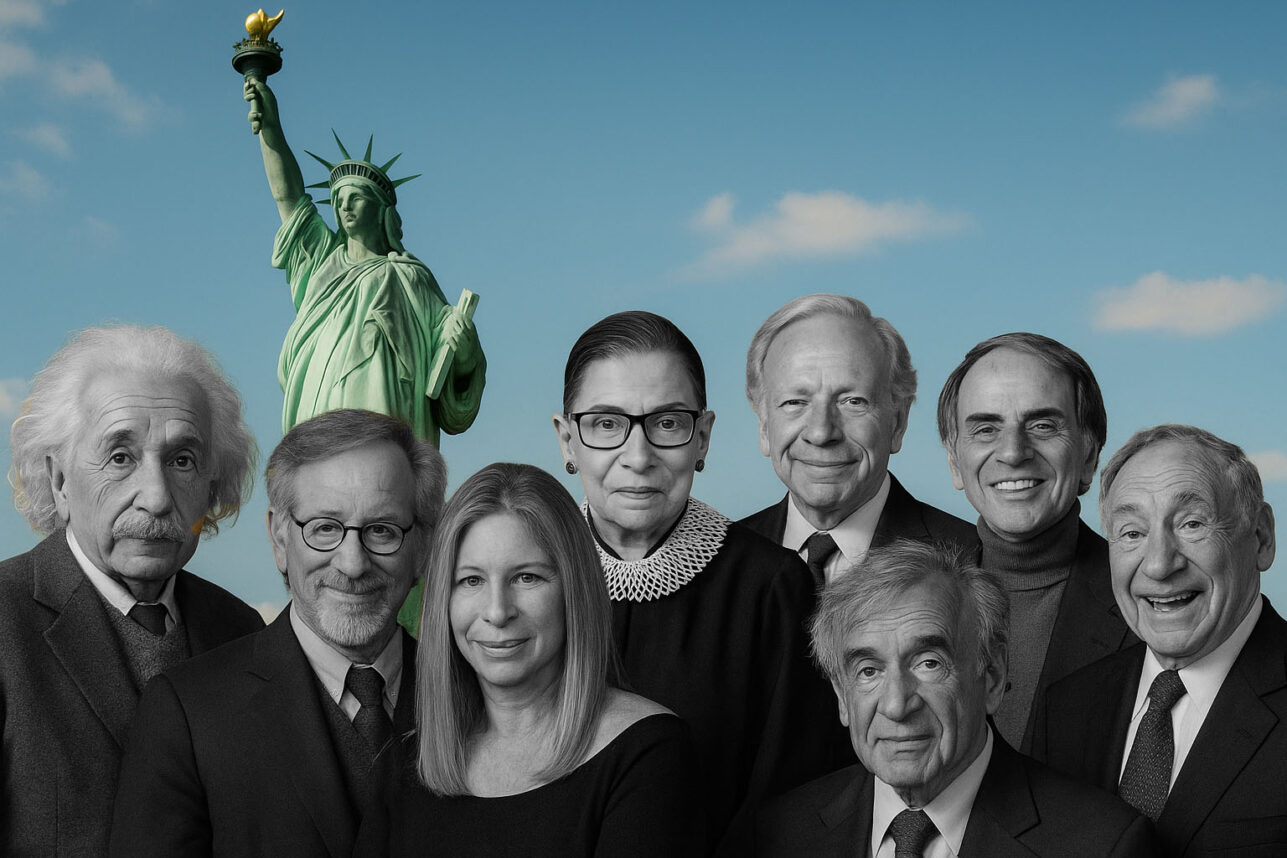Alison Weinreb, a teacher at Maimonides Academy in West Hollywood, invited her sixth-grade social studies class to her home for an election-night viewing party.
As the electoral map turned increasingly blue, she noticed that her scattered Obama supporters were keeping pretty quiet — embarrassed even in victory to be in the minority among their McCain-supporting friends.
At the same time, McCain supporters — who have been the majority of students at Orthodox day schools like Maimonides — needed a fair amount of reassuring that an Obama presidency would not spell immediate disaster for Israel and the Jews, the message they had been hearing throughout the election from their friends and gleaning from conversations at home.
Weinreb wasn’t the only one facing a distressed and confused community in the aftermath of this year’s presidential race. Jews battered one another in passionate arguments throughout this election season, as each side staked out their positions, often spilling over into questionably grounded rhetoric and incivility. Friends and institutions squared off around Shabbat tables and at debate lecterns in what each considered life-or-death debates.
How children have interpreted such passion offers a revealing, though slightly distorted, mirror in which to view adult political discourse.
While children selectively perceive and then reinterpret information that comes their way, they reflect an atmosphere where issues of race, security, economic class divisions and Israel’s future have stirred up strong emotions.
At Orthodox day schools, mock elections yielded landslide McCain victories.
Students from at least one elementary school came home reporting that friends told them that if Obama were elected, he would “kill all the Jews.”
On the other side, at a another, more liberal school, one mother reported that her daughter was afraid to let on that her parents were McCain supporters, since everyone around her was so enamored of Obama.
Now that the election is over and campaign exaggerations can give way to reality, in schools, and everywhere else, people are making efforts to put things back into perspective.
At Maimonides, Weinreb helped organize a post-election assembly on Wednesday morning. On the stage, between the American and Israeli flags, two piñatas — an elephant and a donkey — stood side by side. Rabbi Karmi Gross, headmaster of the school, invited the sixth- through eighth-graders to come together to celebrate this historic triumph for American freedom and democracy.
“But we also come together for a different reason,” Gross continued. “We come together because this was one election — and I have seen quite a few — where the battle lines in America were drawn more clearly than ever, which pitted American against American, the red and the blue states, the left and the right, against each other in ways I do not recall. And sometimes the debates became very loud, and many times the debates became very nasty.”
Gross, using a talmudic parable, urged the children to understand the difference between disagreeing with an idea — which is fine — and attacking the person who holds such ideas, which is not.
Students together watched a video of McCain’s concession speech, and were asked to pull out some of the major themes.
“He said he was more proud to be associated with America than anything else,” one student offered.
“He said that we shouldn’t be upset that Obama won, because he’ll do good things for this country,” another said.
One rabbi acknowledged that many of the students were worried about Israel, but he assured them that Israel was strong, and that Israel’s ultimate fate lies in God’s hands, not in any president’s.
Jews who believed McCain was the better choice for Israel had to do a delicate dance with children.
One father, who asked not to be named to protect his son’s privacy, described a conversation he had with his 6-year-old son about the historic nature of this election and about the many reasons he was voting for McCain. In an age-appropriate way, they talked about security, the economy and issues that were important to them — such as having a president who had a record of supporting Israel. And the father posed the idea that he didn’t know whether Barack Obama would be a friend to Israel and the Jews, because there was not a very long record to rely on.
“Then — like all kids do, they pick up a small amount of what you tell them — he picked up from that that Barack Obama may not be nice to the Jewish people,” the father said, a declaration the boy made to his horrified mother.
The couple talked to their son again, softening the stance and saying that Obama might end up being a very good friend to the Jews. By the time Obama’s picture covered the front pages on Nov. 5, the boy seemed fine with his new president.
Helping kids process the broken-telephone game of information coming from the home and through their friends was a major focus at Emek Hebrew Academy-Teichman Family Torah Center in Sherman Oaks, where teachers integrated ideas about democracy or the specific campaign issues into the curriculum.
“But there were also moments where the students made baseless or exaggerated claims, repeating things they had heard,” said Gabriela Shapiro, general studies principal at Emek. “What we did at the time and will continue to do is teach the students about discernment — in other words, if someone makes a negative comment about Obama, we want the student hearing the claim to ask ‘what is the basis for your claim?'”
Harkham Hillel Hebrew Academy in Beverly Hills brought in Rabbi Yosef Kanefsky of B’nai David-Judea Congregation, who introduced a pre-election debate by highlighting a moment several weeks ago in which McCain asked riled-up ralliers to stop relying on rumor and innuendo to attack Obama as a person, and to focus instead on the issues.
Rabbi Boruch Sufrin, headmaster of Hillel, plans to use examples from the election when the school starts a conflict-resolution and community-building program next week.
“We’re going to deal with issues of perception and judging others favorably, and attacking issues, not people. We’re going to talk about accepting people’s differences and understanding what you have in common,” he said.
It’s a tough message to get across to kids, when adults themselves haven’t been behaving well.
Rabbi Ed Feinstein of Valley Beth Shalom said he found the rancor among Jewish voters “painful and discouraging.” At a pre-election debate in his synagogue, Feinstein had to put on his former middle school principal hat to discipline the crowd.
“It’s discouraging to me as an American and as a person who believes in democracy, and it’s discouraging to me as the rabbi of a synagogue where important things should be discussed that you can’t have a serious political debate without hooting and hollering and drowning out the other side,” Feinstein said.
 It was such rancor that a Healing Havdalah — the ritual marking the end of Shabbat — last Saturday night aimed to overcome. The event was organized by LimmudLA, the apolitical, nondenominational, Jewish-unity organization that will hold its second annual conference in Orange County over Presidents’ Day weekend, in February.
It was such rancor that a Healing Havdalah — the ritual marking the end of Shabbat — last Saturday night aimed to overcome. The event was organized by LimmudLA, the apolitical, nondenominational, Jewish-unity organization that will hold its second annual conference in Orange County over Presidents’ Day weekend, in February.
Saturday’s event, organized by Gary Wexler, a Jewish marketing expert, attracted 150 people to Dockweiler Beach, where drums and guitars competed with the wind and planes taking off from the nearby LAX.
Warming themselves around a crackling fire, participants talked about how Havdalah, like the election, marks the end and the beginning, the perfect moment for healing.
Many kids were at the Havdalah, joining their parents in singing and dancing, basking in the very Limmud idea that no matter our differences, we can come together for a kumbaya moment of Jewish oneness.
While a lot of healing may still be needed before that sort of unity can move beyond a Saturday night at the beach, one uniting factor all agree on is that this election brought a new level of political awareness and passion across party lines and across ages.
“I’ve heard kids saying that for the first time in their lives they care about politics and elections and personally feel involved, and that is amazing — that energy is constructive,” Vicki Helfand, a teacher at Maimonides, told the students at the assembly. “When you care about something, you can do amazing things. Now that this election is over, we encourage you to keep being passionate, to keep believing that what you think matters — because it does.”
Danielle Berrin and Orit Arfa at Dockweiler Beach. Photo by Joe Haber http://funjoel.blogspot.com








